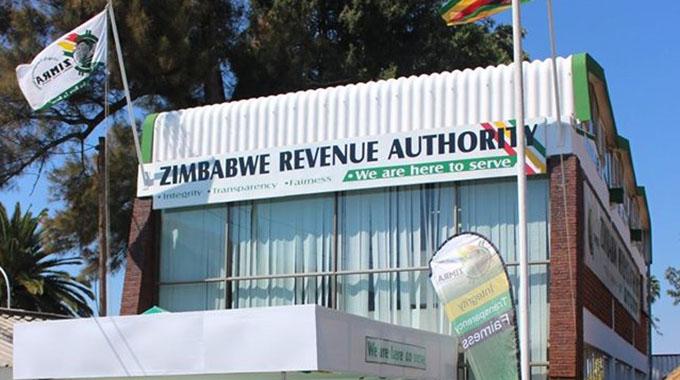News / National
Zimra goes after smugglers
2 hrs ago | Views
The Zimbabwe Revenue Authority (Zimra) has ramped up its efforts to combat the ongoing smuggling of goods into the country, amid growing concerns over the prevalence of the illegal practice. Despite active enforcement measures, smuggling remains a significant challenge at the nation's borders.
Zimra's head of corporate communications, Francis Chimanda, told NewsDay Weekender that smugglers continue to evade taxes and controls. "Yes, people still resort to smuggling, as noted from encounters in enforcement activities conducted by Zimra and other law enforcement agents," Chimanda said. He added that individuals typically smuggle goods to avoid paying duties at entry points or inland taxes when selling commercial items.
This comes despite the existence of a traveller's rebate that allows individuals to import non-commercial goods up to the value of US$200 per month without paying duty. "A duty-free allowance for travellers, technically referred to as a traveller's rebate of duty, allows the import of non-commercial goods up to a value not exceeding US$200 once a month," Chimanda explained.
In an effort to curb smuggling activities, Zimra has employed advanced technology, including the use of drones, particularly along border points notorious for smuggling. The Department of Customs and Excise implemented the drone initiative in June this year to monitor and reduce smuggling at the borders.
The tax authority also plays a critical role in the country's economy by collecting customs duties at border posts, including excise duties and import value-added taxes. However, the illegal importation of goods continues to threaten the country's revenue base, with smuggled items bypassing taxes that would otherwise boost national income.
While Zimra imposes duty at flat rates on non-commercial goods imported by private individuals, the allure of avoiding high duties—ranging from 5% on books to 110% on alcoholic beverages—fuels the persistence of smuggling. Some rates are determined by the quantity of goods, while others are based on a percentage of the value plus a flat fee.
"The rates range from 5% for books to 110% for some alcoholic beverages. Some rates are a flat monetary amount per quantity of goods, while others are a combination, that is, a percentage of the value plus a flat monetary amount," Chimanda said.
Zimra's ongoing crackdown on smuggling is aimed at ensuring compliance with tax regulations and maintaining the integrity of the country's border control systems.
Zimra's head of corporate communications, Francis Chimanda, told NewsDay Weekender that smugglers continue to evade taxes and controls. "Yes, people still resort to smuggling, as noted from encounters in enforcement activities conducted by Zimra and other law enforcement agents," Chimanda said. He added that individuals typically smuggle goods to avoid paying duties at entry points or inland taxes when selling commercial items.
This comes despite the existence of a traveller's rebate that allows individuals to import non-commercial goods up to the value of US$200 per month without paying duty. "A duty-free allowance for travellers, technically referred to as a traveller's rebate of duty, allows the import of non-commercial goods up to a value not exceeding US$200 once a month," Chimanda explained.
In an effort to curb smuggling activities, Zimra has employed advanced technology, including the use of drones, particularly along border points notorious for smuggling. The Department of Customs and Excise implemented the drone initiative in June this year to monitor and reduce smuggling at the borders.
The tax authority also plays a critical role in the country's economy by collecting customs duties at border posts, including excise duties and import value-added taxes. However, the illegal importation of goods continues to threaten the country's revenue base, with smuggled items bypassing taxes that would otherwise boost national income.
While Zimra imposes duty at flat rates on non-commercial goods imported by private individuals, the allure of avoiding high duties—ranging from 5% on books to 110% on alcoholic beverages—fuels the persistence of smuggling. Some rates are determined by the quantity of goods, while others are based on a percentage of the value plus a flat fee.
"The rates range from 5% for books to 110% for some alcoholic beverages. Some rates are a flat monetary amount per quantity of goods, while others are a combination, that is, a percentage of the value plus a flat monetary amount," Chimanda said.
Zimra's ongoing crackdown on smuggling is aimed at ensuring compliance with tax regulations and maintaining the integrity of the country's border control systems.
Source - The Chronicle







































